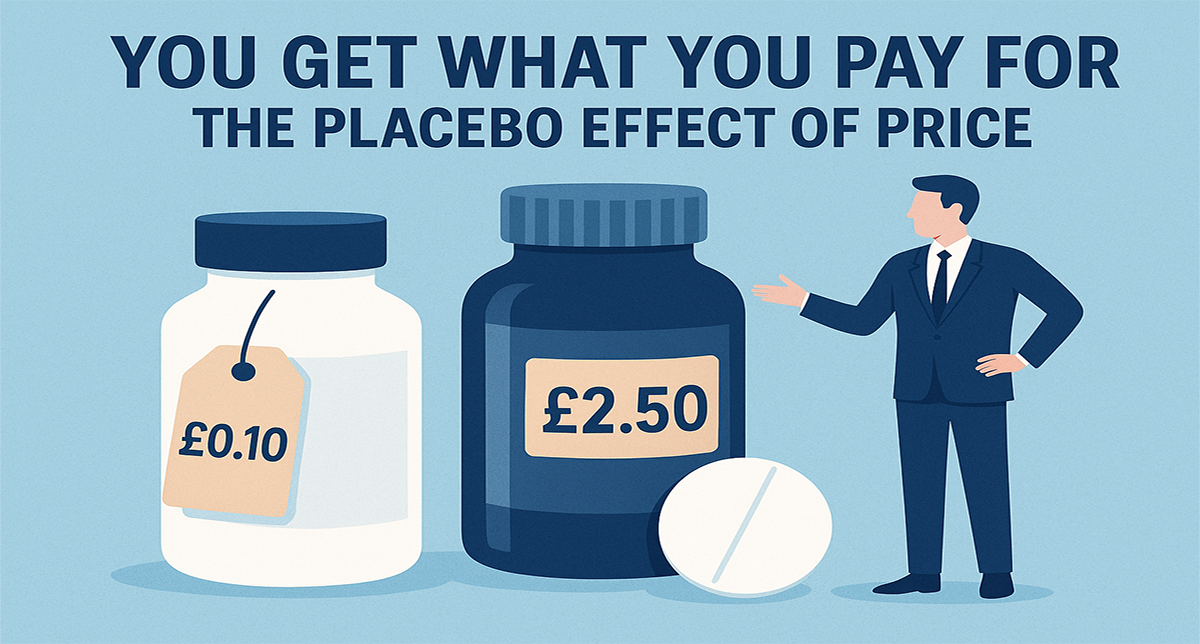What is the third person effect?
We all like to think we're immune to advertising. That we only buy what we need when we need it. With that in mind, we tend to presume that mass media marketing has no effect on us. But other people, oh sure, adverts, work on them! Not you and I, though, we’re too clever for that.
In other words, people are likely to be influenced more than they think on subjects that are currently of little or no interest to them.
The third person effect in action
An everyday example would be seeing an advert for a car, when you’re not in the market for a new car. We’d probably guess it has little or no influence on us, but this research suggests we’d be wrong.
Third person effect tactics
When it comes to communication with shoppers either in-store or online, there are a number of tactics we can employ.
- New for how long – put a ‘New’ message in a duty-free store and it will be effective for a year or more. Why? Because most shoppers only take one overseas trip per year, so just because a message seems too old-hat for your brand, what about for shoppers?
- Monkey see, monkey do – it’s a positive that so many shoppers say they aren’t influenced, when they are. So, you don’t have to come up with new activations all the time; the tried and tested stuff mostly still works, shoppers just don’t admit it.
- Belief is key – there’s nothing wrong with shoppers believing others will be influenced more than they are because, frankly, it’s not the case! We’re all influenced more than we think.
Once we acknowledge our own thought processes are flawed, we can then understand the power of advertising and messages of influence both in-store and online.
Third person effect is no.35 in a series of 36 cognitive bias insights.Check out no.36, Zero Risk Bias.






